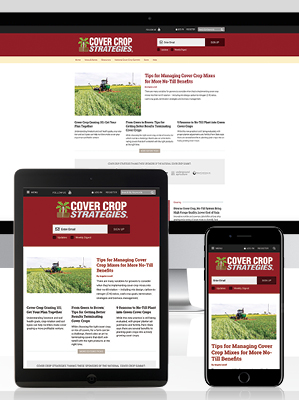Articles Tagged with ''grazing cover crops''
[Podcast] Grazing Beef Cattle on Cover Crops Provides Economic Returns
This week’s podcast, sponsored by Montag Manufacturing, features Dan Shike, Associate Professor, Animal Science, University of Illinois. Shike will discuss the benefits cover crop grazing can offer livestock producers, the planning needed to incorporate covers into a beef operation, how grazing cover crops affects soil health, and more.
Read More
2021 Fall National Cover Crop Summit
Profitably Grazing Cattle on Cover Crops
A Kansas cattle rancher and a specialist from South Dakota State University share insights on how to leverage cover crops as cattle feed at the 2021 Fall National Cover Crop Summit
Read More
[Podcast] Significant Increase in Soybean Yields From Grazing Cattle
This week’s podcast, sponsored by GS3 Quality Seed, features Humberto Blanco, a soil scientist with the University of Nebraska. Blanco will discuss a 16-year study he has done on cattle and soil compaction, soil ecosystem services, how the timing of grazing cattle affects compaction and more.
Read More






